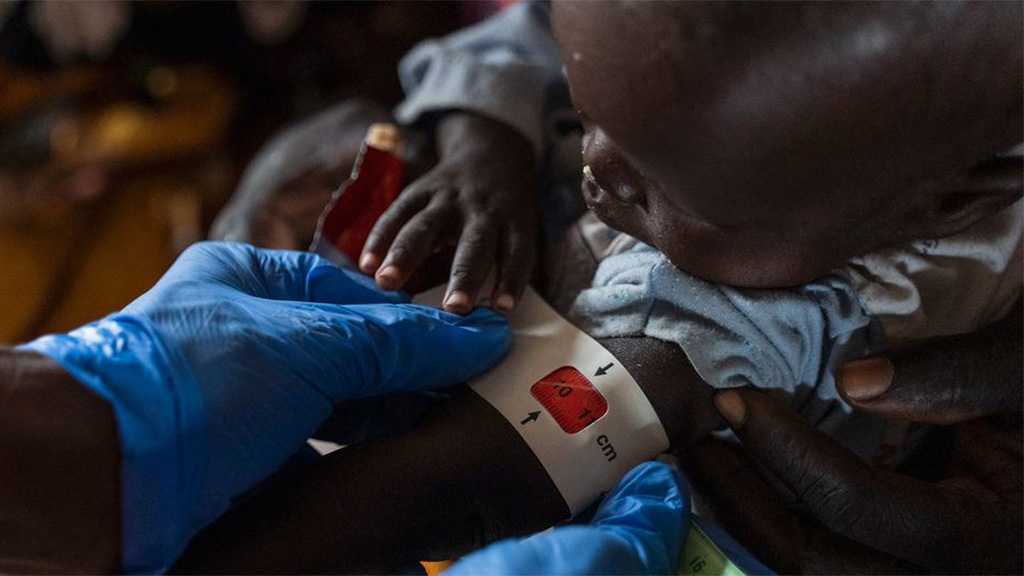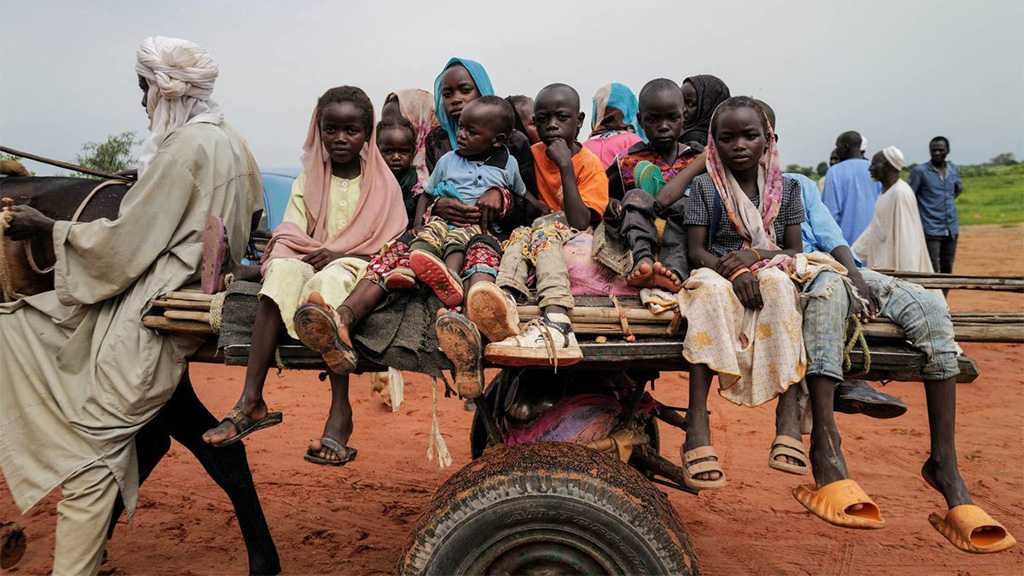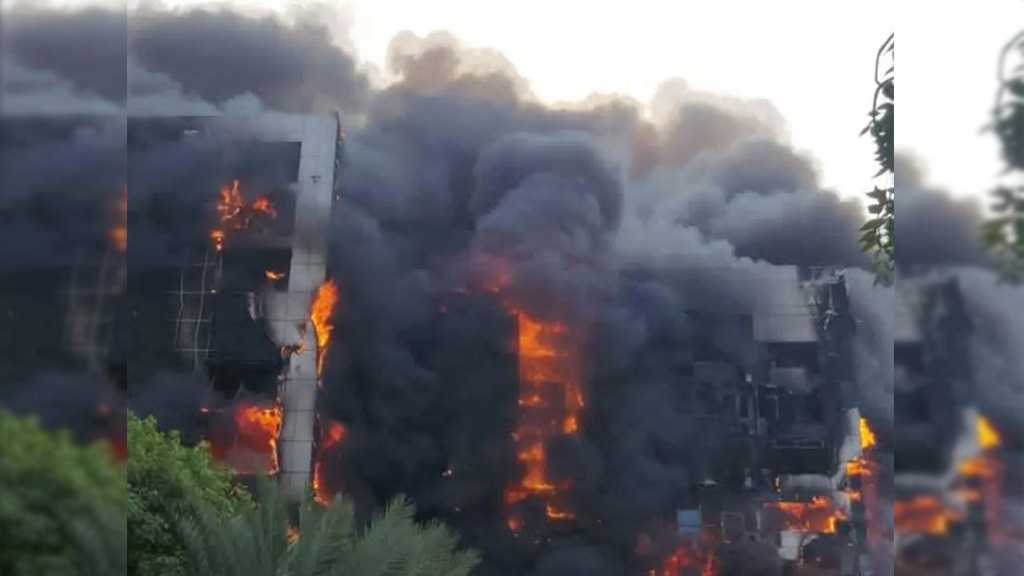
Fierce Fighting Continues in Sudan Despite Hours-long Humanitarian Pause
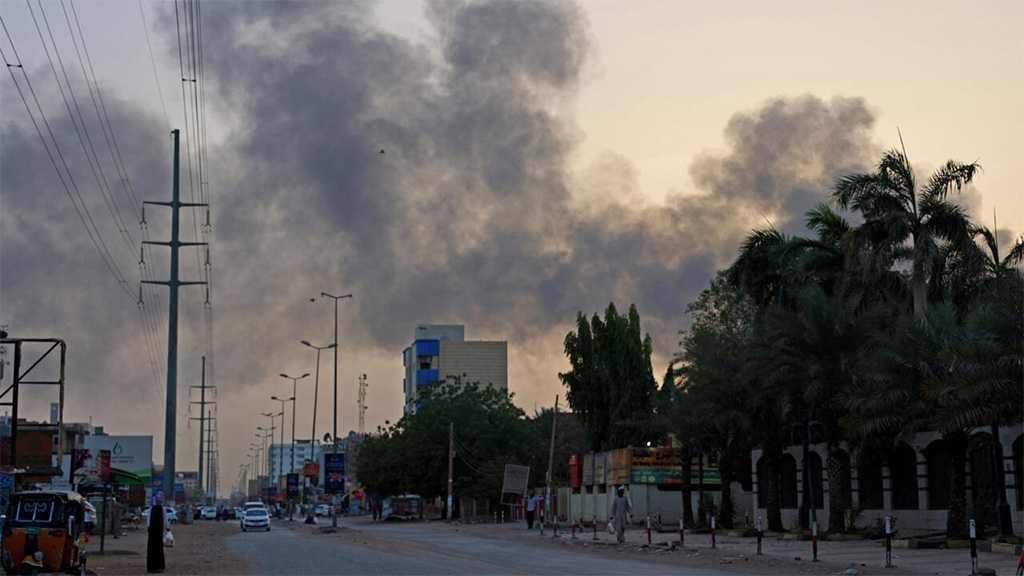
By Staff, Agencies
Fierce fighting has raged on in Sudan's capital Khartoum for the second day between the army and the powerful paramilitary Rapid Support Forces [RSF], despite an hours-long pause announced to address urgent humanitarian needs on the ground.
Violence erupted on Saturday following weeks of power struggle between army chief, Abdel Fattah al-Burhan, and his deputy, Mohamed Hamdan Daglo, also known as Hemedti, who heads the heavily-armed RSF.
The fighting dragged on into Sunday, killing three World Food Program [WFP] staff among more than 50 civilians throughout the country.
Sudan Doctors Union said early Monday that at least 97 people have been so far killed in clashes, while 365 others have been injured.
Late Sunday afternoon, the army said the warring sides had "agreed to a United Nations proposal to open safe passage for humanitarian cases," including the evacuation of wounded, for three hours, which ended at 1700 GMT.
The RSF confirmed the measure, though, they said it would last four hours, and both sides maintained their right to "respond in the event of transgressions" from the other side.
Despite the pause, heavy gunfire could still be heard in central Khartoum near the airport, and dense black smoke billowed from the surrounding area.
On Saturday, Sudan’s armed forces had dismissed any possibility of negotiations or dialogue with the RSF "until the dissolution of the paramilitary."
This came after the RSF claimed its fighters had wrested control of several key sites, including the presidential palace, the residence of army chief, Burhan, and Khartoum International Airport.
The Sudanese army rejected all RSF's claims, and on Sunday, said they had gained control over key sections of the capital, including the radio and television building, previously occupied by the paramilitary.
As the fighting continues, medics are pleading for safe corridors for ambulances and a ceasefire to treat the victims because the streets are too dangerous for transporting casualties to hospital.
The RSF was created in 2013 and its planned integration into the regular army was a key element of talks to finalize a deal that was hoped to restore Sudan's civilian transition and end the politico-economic crisis sparked by the military's 2021 coup by Burhan and Daglo.
The ongoing fighting, though, has stoked fears of a prolonged conflict that could plunge the country into deeper chaos, dashing long-held hopes for a transition to civilian-led democracy.
Comments
- Related News
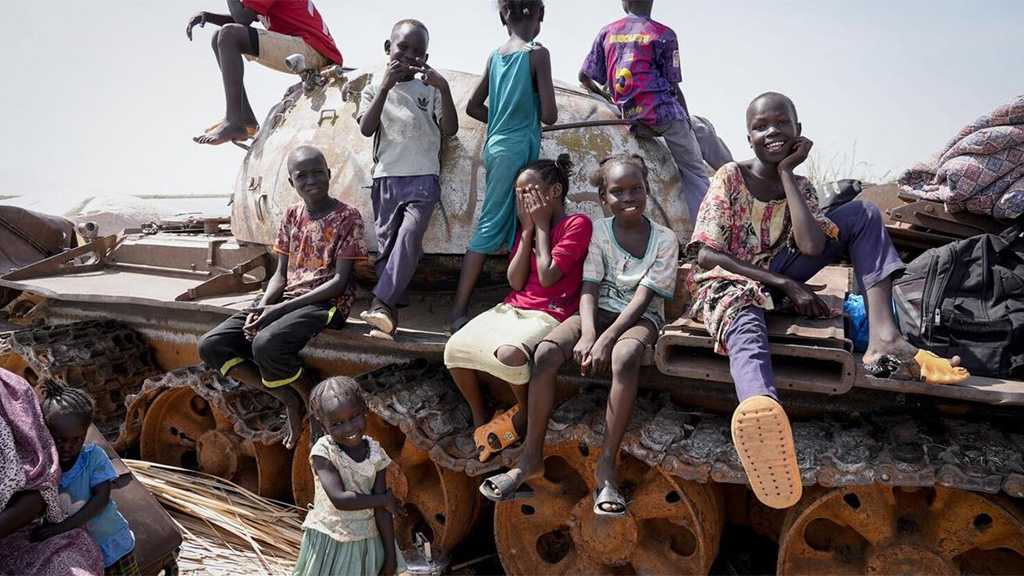
Thousands Flee as Fighting Spreads to Southern Sudan
7 months ago